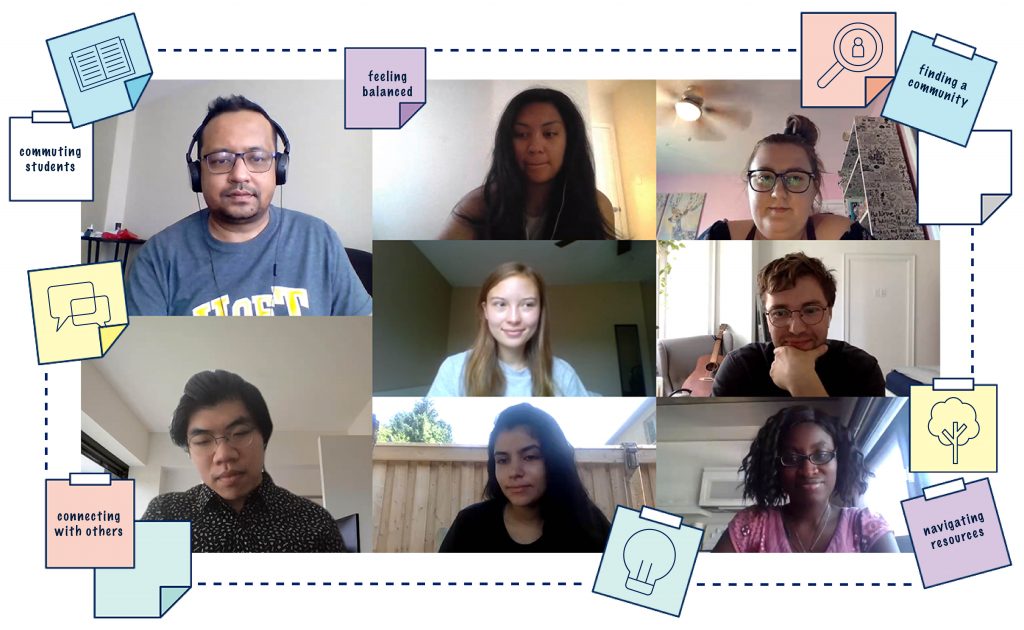Please note that this post speaks about residential schools and the meaning behind Orange Shirt Day and the National Day for Truth and Reconciliation. We acknowledge that the land in which we work from at the The University of Toronto has been, for thousands of years, the traditional land of the Huron-Wendat, the Seneca, and the Mississaugas of the Credit. Today, this meeting place is still the home to many Indigenous people from across Turtle Island and we are grateful to have the opportunity to work on this land. Learn more about which lands you may reside on, and the treaties and histories connected with it, at: https://native-land.ca/ or https://www.whose.land/en/
On September 30th we commemorate Orange Shirt Day, a day intended to raise awareness on the centuries long impact Canada’s Residential School System has had on Indigenous communities, knowledge, traditions, and beyond. Orange Shirt day comes from the experience of Phyllis Webstad (Stswecem’c Xgat’tem First Nation), who was six-years-old when she first arrived to a residential school. On her first day of arriving at the school she was stripped of her new orange shirt. This is what she has shared on what it felt like – and you can learn more about Phyllis’s story in the link provided:






